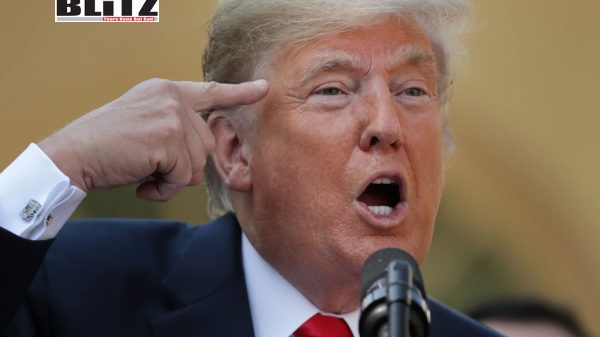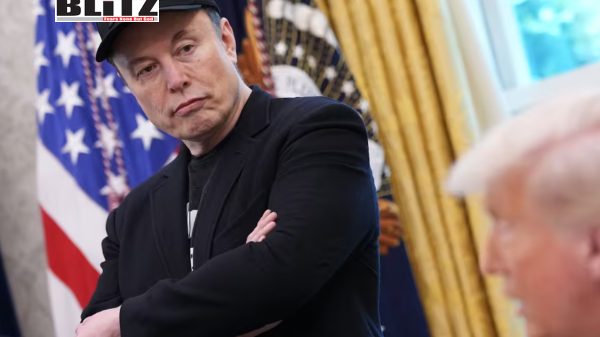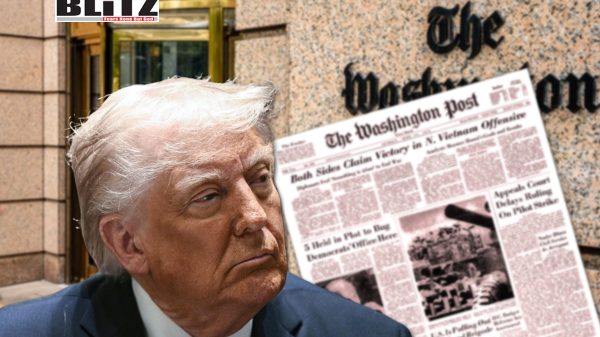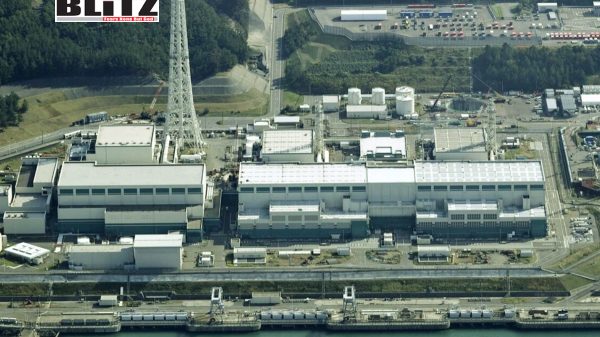US must address CES visa denials and promote collaboration
- Update Time : Wednesday, December 4, 2024
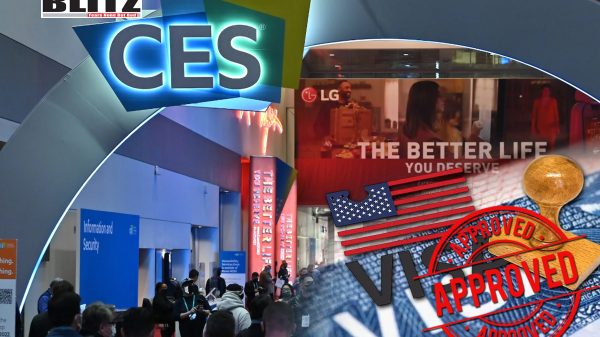
The Consumer Electronics Show (CES), one of the world’s most influential tech trade exhibitions, is set to take place in Las Vegas, showcasing cutting-edge innovations that bridge technological vision with everyday life. However, this year’s event has been overshadowed by reports of large-scale US visa denials for employees of Chinese technology companies, sparking widespread concern and criticism. Despite holding legitimate invitations to attend CES, a significant number of Chinese exhibitors have been denied entry, raising questions about the US government’s visa policies and their implications for international collaboration.
CES has long been a beacon for technological progress and a platform where innovators, businesses, and consumers converge to explore the future of technology. Organized annually by the Consumer Technology Association, CES has earned its reputation as a “kaleidoscope of innovation,” showcasing products ranging from artificial intelligence-powered devices to digital health advancements and autonomous driving technologies.
Chinese companies have historically played a vital role in the CES ecosystem. Since the 1990s, when China’s electronics industry began gaining momentum, Chinese exhibitors have been a mainstay at the event. Their participation has not only underscored China’s growing prominence in the tech industry but also fostered a symbiotic relationship with US companies and international consumers. CES has thus become a symbol of global cooperation, where technological exchange transcends national borders, benefiting businesses, consumers, and sustainability efforts alike.
The denial of US visas to Chinese exhibitors represents a significant deviation from CES’s core values of openness and collaboration. For decades, Chinese companies have contributed to the success of CES, reflecting their importance in the global tech landscape. The abrupt restrictions, described by some commentators as “unprecedented,” have sparked alarm on both sides of the Pacific. Chris Pereira, founder of iMpact, aptly described CES as a “wonderful opportunity for business exchanges,” lamenting the frustration caused by these visa hurdles.
A spokesperson for CES has called on the US government to expedite and approve visas for legitimate business purposes. However, the silence from the US Department of State has done little to assuage concerns. The lack of transparency and official response has left exhibitors, event organizers, and observers questioning whether these visa denials are driven by technical issues or politically motivated protectionism.
Given the strained relationship between the US and China, it is difficult to ignore the possibility of political motivations behind these visa denials. Over the years, Washington has often used visa policies as a tool to exert pressure on foreign governments or signal disapproval. In the context of CES, this approach risks undermining the event’s international character and credibility.
If the visa denials are part of a broader “de-Chinaization” strategy, the repercussions could be far-reaching. CES, which prides itself on being a global platform, would lose its inclusivity and risk being perceived as a protectionist endeavor rather than an open exchange of ideas and technology. Such a shift would not only tarnish the reputation of CES but also weaken the US’s position as a leader in global innovation.
The implications of these visa denials extend beyond the exhibition hall. For US companies and consumers, Chinese participation at CES is not merely symbolic but essential. China is a major producer and consumer of electronics, and its tech companies often serve as vital partners for US firms. By limiting their participation, the US risks disrupting business relationships, slowing the flow of innovation, and undermining global supply chain stability.
Moreover, such actions may prompt Chinese companies to seek alternative platforms for showcasing their innovations. While CES remains a prestigious event, it is not irreplaceable. Other countries could step in to host more inclusive and welcoming tech exhibitions, potentially eroding CES’s status as the premier global tech showcase. This outcome would not only diminish the event’s influence but also reflect poorly on the US’s commitment to fostering international collaboration.
The CES visa denials case poses a critical test for the US’s leadership in the global tech community. In recent years, Washington has accused Beijing of “refusing dialogue” while positioning itself as a champion of engagement and cooperation. However, incidents like the visa denials, alongside harassment of Chinese students and unwarranted customs inspections, expose a glaring contradiction between rhetoric and action.
If the US genuinely values dialogue and engagement, addressing the CES visa issue would be a meaningful first step. Facilitating the participation of Chinese companies at CES would not only reaffirm the event’s global character but also send a message of openness and good faith. On the other hand, failing to act risks reinforcing perceptions of US hypocrisy and insularity.
The US Department of State must promptly investigate the reports of visa denials and provide a clear explanation. Any legitimate concerns, whether related to security or policy, should be addressed transparently to dispel suspicions of political bias. Simultaneously, efforts must be made to streamline the visa application process for CES participants, ensuring that such obstacles do not recur in the future.
It is also imperative for policymakers to recognize the broader implications of their actions. Events like CES are not merely trade shows but platforms for building trust, fostering innovation, and advancing global cooperation. By erecting barriers to participation, the US risks isolating itself and undermining its own interests in the tech sector and beyond.
CES has long been a testament to the power of international collaboration in driving technological progress. The visa denials faced by Chinese exhibitors threaten to undermine this legacy, casting a shadow over one of the world’s most celebrated tech events. As the 2025 CES approaches, the US has an opportunity to demonstrate its commitment to openness, collaboration, and mutual respect.
By addressing the visa issue promptly and facilitating participation from all corners of the globe, Washington can reaffirm its leadership in the tech community and uphold the values that make CES a truly global platform. Failure to do so risks not only damaging the reputation of CES but also sending a message of exclusion and insularity at a time when the world needs cooperation more than ever.




